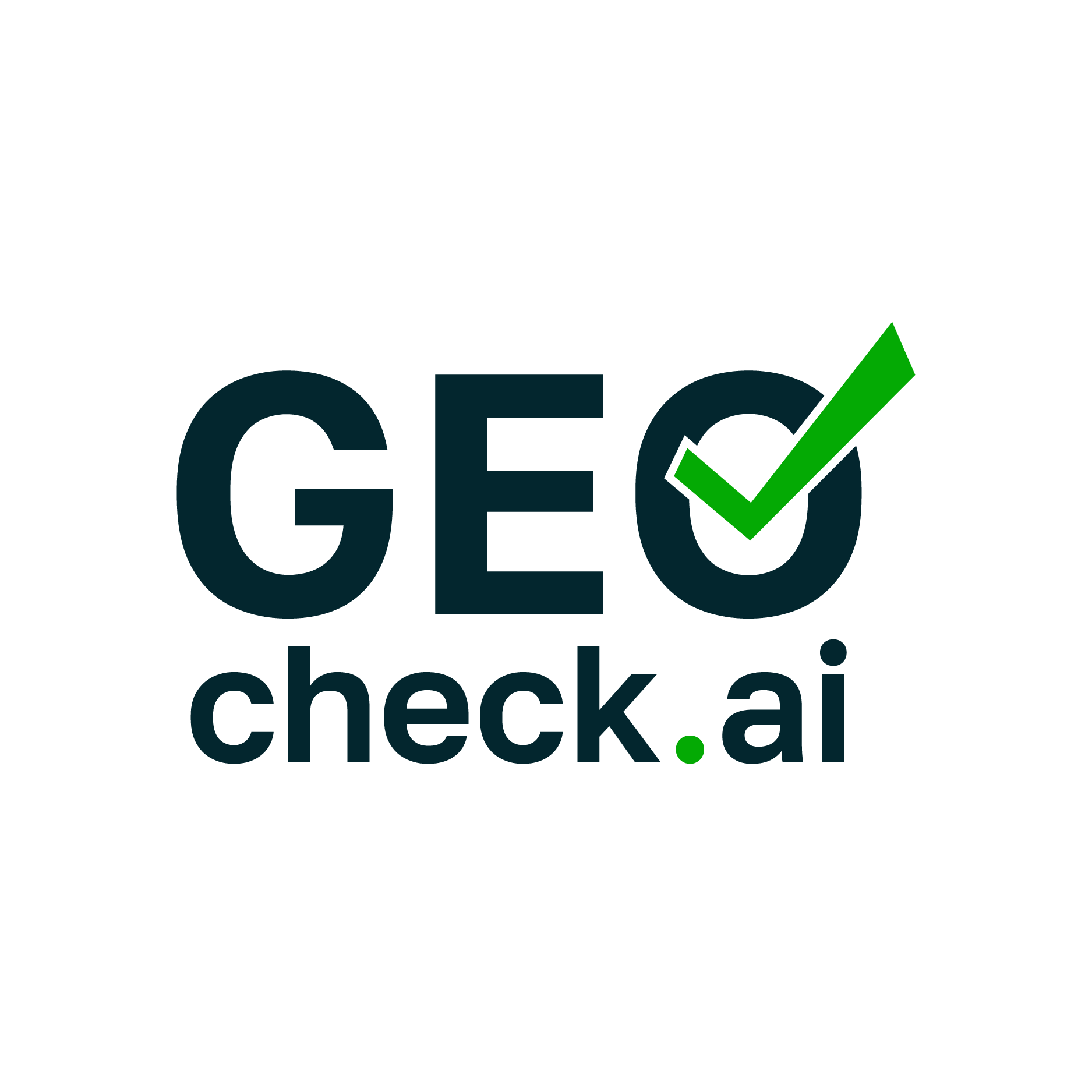The Search Landscape Has Changed Forever. Are You Prepared?
For two decades, the holy grail of digital marketing was the #1 spot on Google. We built entire industries around keywords, backlinks, and domain authority, all fighting for that precious click. But what happens when the user stops clicking? What happens when they don’t see a list of links, but get a direct, conversational answer from an AI like ChatGPT?
This isn’t a future prediction; it’s the reality we’re stepping into. The era of traditional search is giving way to the age of AI-powered answers. Users are asking ChatGPT for product recommendations, travel itineraries, and coding solutions. They’re getting synthesized responses, not a list of websites to visit. If your brand isn’t part of that synthesized answer, you’ve become invisible. This is why Generative Engine Optimization (GEO) is no longer a niche concept—it’s the next frontier of digital visibility.
From SEO to GEO: Understanding the Seismic Shift
Search Engine Optimization (SEO) trained us to think in terms of ranking web pages. Generative Engine Optimization (GEO) requires us to think about ranking our brand’s entire entity within an AI’s knowledge base.
- Traditional SEO Goal: Drive a user to click a link to your website. Success is measured in rankings, traffic, and on-site conversions.
- Generative Engine Optimization (GEO) Goal: Ensure your brand, product, or service is accurately and favorably mentioned in an AI-generated response. Success is measured in brand mentions, sentiment, and inclusion in recommendation sets.
Think about it. When a user asks, “What’s the best CRM for a small real estate agency?” they aren’t looking for ten blog posts to read. They want a direct answer. If ChatGPT names three of your competitors and omits you, you’ve lost that lead before you even had a chance to compete. The click never happened.
What Exactly is Generative Engine Optimization (GEO)?
GEO is the strategic process of influencing how Large Language Models (LLMs) like those powering ChatGPT, Google’s Search Generative Experience (SGE), and PerplexityAI perceive and present information about your brand. It’s about feeding the AI ecosystem with consistent, authoritative, and positive data about who you are, what you do, and why you matter.
The core pillars of a strong GEO strategy include:
1. Building a Strong Digital Entity
AIs don’t just read your website; they build a conceptual understanding of your brand as an “entity.” This entity is formed from countless data points across the web. To strengthen it, you must focus on sources AIs trust:
- Structured Data: Implementing comprehensive Schema.org markup (Organization, Product, Service, etc.) on your website.
- Knowledge Bases: Ensuring your brand has accurate and detailed profiles on Wikidata, Wikipedia, and other public knowledge graphs.
- Authoritative Directories: Maintaining consistent information on platforms like Google Business Profile, Crunchbase, and industry-specific review sites (G2, Capterra, etc.).
2. Cultivating a Positive Information Ecosystem
LLMs learn from the vast corpus of text on the internet. They absorb reviews, news articles, forum discussions, and social media posts. Your online reputation directly impacts how an AI will describe you.
- Sentiment Analysis: An AI will pick up on whether the general consensus about your brand is positive, negative, or neutral.
- Authoritative Mentions: Features in reputable publications like Forbes, TechCrunch, or respected industry blogs serve as powerful trust signals for the AI.
3. Ensuring Factual Accuracy and Consistency
Inconsistent information creates uncertainty for an AI. If your pricing is listed differently on your website versus a review site, the AI may either present the wrong information or omit you entirely to avoid being incorrect. A GEO audit involves hunting down and correcting these inconsistencies across your entire digital footprint.
Why Your Current SEO Strategy Is Dangerously Incomplete
Relying solely on traditional SEO in the AI search era is like bringing a map to a GPS fight. Here’s what you risk by ignoring GEO:
- Loss of Attribution and Traffic: In a “no-click” search, the user gets their answer and leaves. You get no traffic, no analytics data, and no way to track ROI. Your brand might have provided the value, but the AI gets all the credit.
- The “Black Box” of Influence: You can’t see why an AI chose your competitor. Traditional rank trackers are useless here. You’re left guessing what data points led to the AI’s conclusion.
- The Nightmare of Misinformation: What if an AI confidently tells a user your product lacks a feature you launched six months ago? Or that your service is more expensive than it is? Correcting an AI’s “knowledge” is much harder than updating a webpage.
The Future is Conversational. Is Your Brand Part of the Dialogue?
The shift from keyword searches to complex, conversational queries is accelerating. Users expect instant, accurate answers, and they’re turning to AI to get them. Brands that proactively manage their presence within these AI systems will become the new category leaders. Those who wait will simply fade into the background noise, their websites waiting for clicks that never come.
The first step in any powerful GEO strategy is to establish a baseline. You need to know how AIs see you right now. Are you mentioned? Are the details correct? Is the sentiment positive? Answering these questions is fundamental to your brand’s survival in the new age of search.
Stop Guessing, Start Optimizing: See How AI Perceives Your Brand
Manually prompting AI models to understand your brand’s visibility is time-consuming, inconsistent, and doesn’t provide actionable data. You need a systematic way to measure and improve your presence in the new AI-driven search ecosystem.
That’s where geocheck.ai comes in.
Our platform gives you actionable visibility insights, showing you exactly how your brand is represented across major AI models. We help you pinpoint inaccuracies, identify opportunities, and track your GEO performance over time.
Don’t let your brand become invisible. Make AI Know Your Brand.

Để lại bình luận